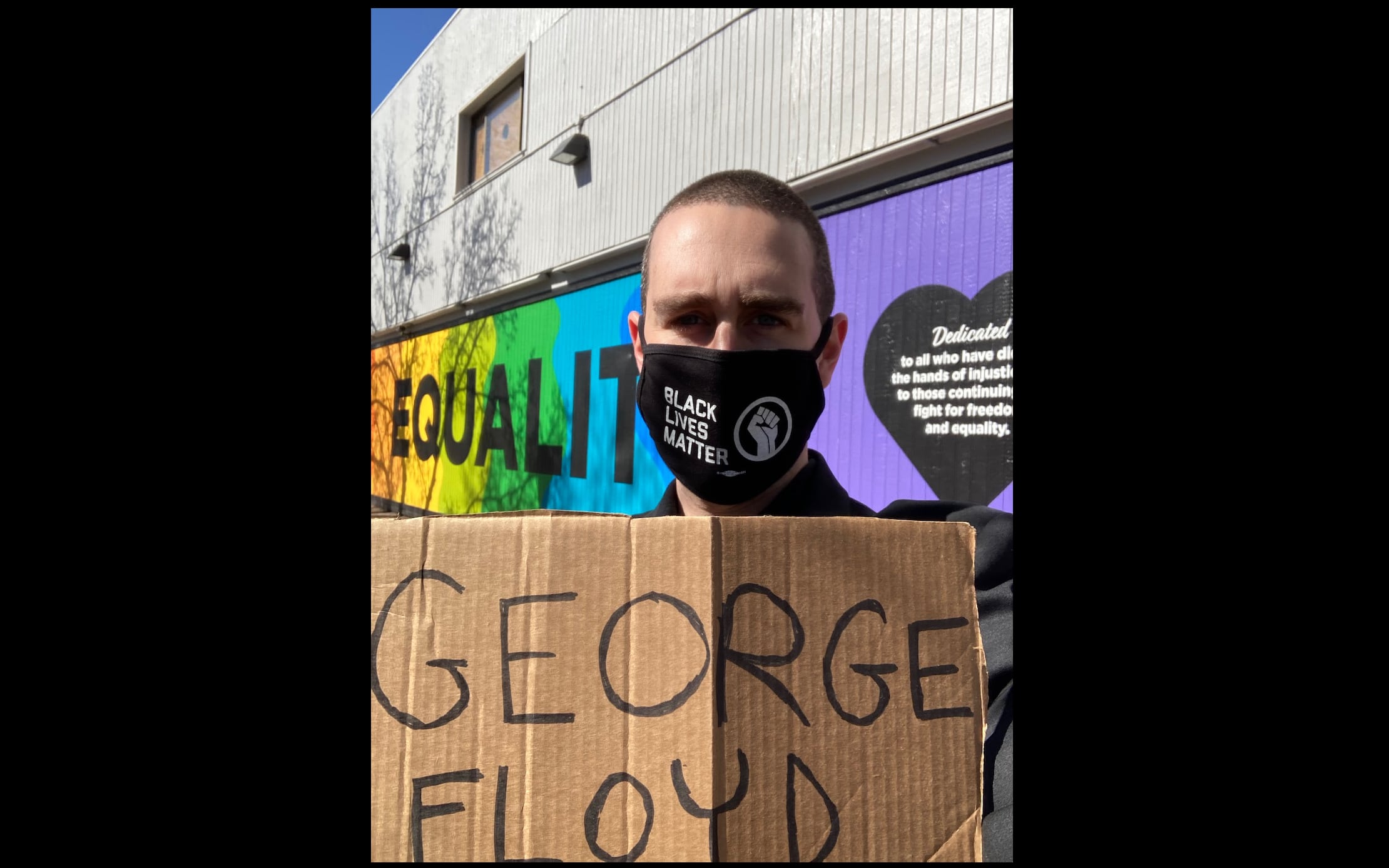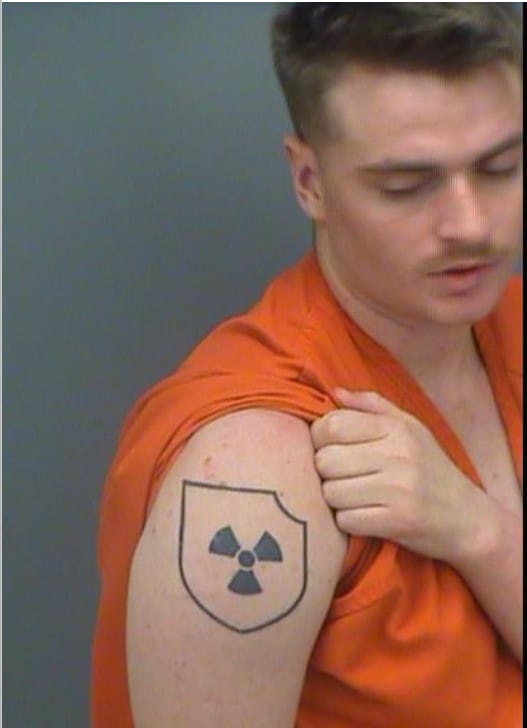The Pentagon is hoping that its updated extremism rules will help commanders weed out racist or anti-government behavior in their formations, but there may be a hitch: the National Guard contends that the rules only apply when troops are on federal orders and under the command of the president.
With that understanding, about a million military reservists would be free to associate with hate groups and disseminate endless violent rhetoric online unless they are on active Reserve orders or activated for federal National Guard training or missions.
In July, the National Guard Bureau’s deputy director of manpower and personnel pushed out a memo to all 54 states and territories, to let them know that the Defense Department’s instruction regarding extremist activities does not apply unless their troops are in a Title 10 status, activated on federal orders at the behest of the president.
NGB “has received queries from the states regarding the applicability” of DoD’s policy on prohibited activities, Air Force Col. Kevin Mulcahy wrote.
“While this DoDI might not apply to National Guard personnel in a non-federalized duty status, other laws and regulations may apply,” he added.
Those would include, of course, criminal convictions for violence or planning of any attacks, but wouldn’t cover rhetoric, recruiting or fundraising activities that are allowed for civilians but prohibited for active members of the military.
That would mean that for about 1 million troops, spending a Tuesday afternoon posting flyers for a neo-Nazi group or trolling the internet recruiting for the Oath Keepers would not be a threat to their ability to stay in the military, the way they would be for active-duty troops.
The National Guard Bureau refused to comment on the memo entirely, including what prompted it and whether the organization stands by its contents, citing “ongoing litigation” but refusing to confirm what that litigation is.
RELATED

But the memo directly followed a lawsuit filed by a Colorado Army National Guard judge advocate back in March, alleging that his chain of command violated his 1st Amendment rights by reprimanding him for attending a Black Lives Matter protest in May 2020, following the murder of George Floyd.
While the Black Lives Matter movement is not considered extremist, and attending protests or political rallies is not inherently prohibited by DoD, the policy does have a prohibition on demonstrations that are likely to result in violence.
That was the basis for the actions against Capt. Alan Kennedy, though they have since been rescinded. The lawsuit is still ongoing.
“To clarify, I have never argued that DoDI 1325.06 does not apply to me when I am not activated,” Kennedy told Military Times on Friday. “That argument was made by the National Guard Bureau, which suddenly changed its position in July 2021, in response to my lawsuit, to argue without legal basis that DoDI 1325.06 does not apply to National Guard members when they are not on Title 10 orders under federal command and control.”
And while the NGB memo clearly states the position that DoD policy doesn’t apply to its members for the vast majority of their time, Kennedy’s argument is more about how the policy was interpreted against him, when his command decided that Black Lives Matter protests are inherently violent.
Kennedy always argued that the policy applied to him even out of uniform, “but is unconstitutional because it restricts my right to peacefully participate in Black Lives Matter and other protests when not on duty and not in uniform,” he told Military Times.
But NGB’s reaction to his lawsuit does raise an important question: Does the military have any recourse against extremist activity by reservists as long as they don’t participate during Title 10 hours?
The Pentagon’s immediate reaction to that question is yes.
“We’re not aware of any concerns that have been expressed by the reserve component or the National Guard,” Pentagon spokesman John Kirby told Military Times on Dec. 21. “ ... if you read the instruction, it very clearly relates to all uniformed personnel.”
Reached for comment on Friday, the Pentagon’s general counsel did not have an updated response to the Guard memo.
“While I can’t speak to the NGB memo from July due to ongoing litigation, I can tell you that DoDI applies to all uniformed personnel,“ Kirby said Friday.
The push-pull is not unlike the hurdles to implementing the mandatory COVID-19 vaccination policy for service members. While Defense Secretary Lloyd Austin’s order applies to the active and reserve components alike, seven state governors so far have voice their objection to the mandate.
Oklahoma, specifically, has said it won’t enforce the DoD mandate for troops not in Title 10 status.
Whether and how the extremism instruction applies will have to play out in individual cases. Many military regulations are up to interpretation, such that enforcing them is up to a commander’s discretion. In some cases, like Kennedy’s, troops will push back if they feel a rule is being improperly applied.
In others, it may not be applied at all.
A Wisconsin Army National Guardsman who pleaded guilty to charges associated with the Jan. 6, 2021, attack on the Capitol was not removed from service, Military.com reported in December.
Meghann Myers is the Pentagon bureau chief at Military Times. She covers operations, policy, personnel, leadership and other issues affecting service members.





